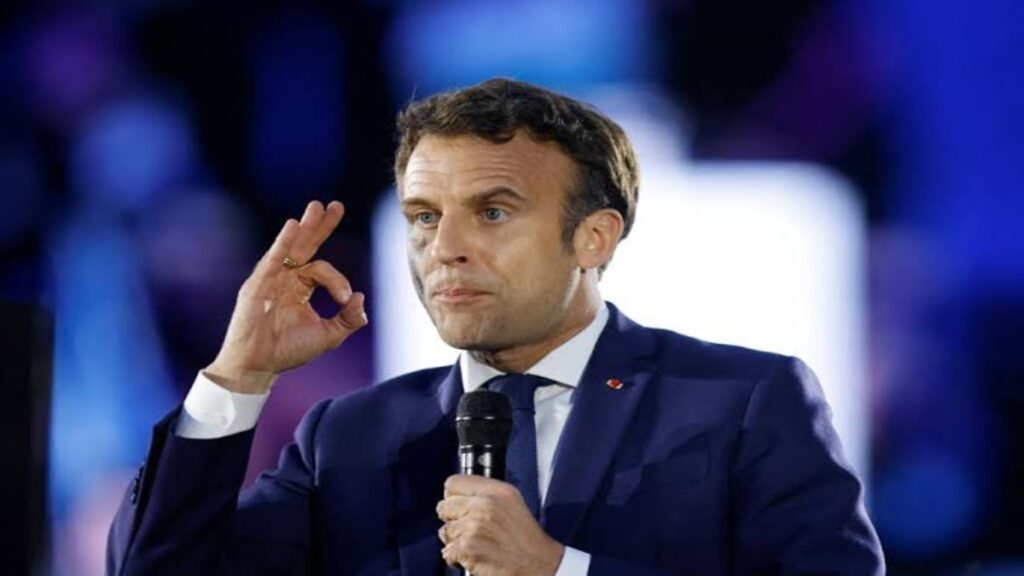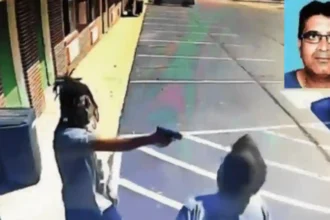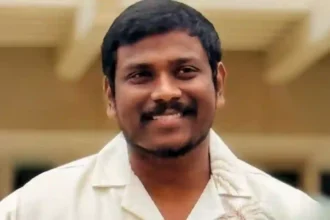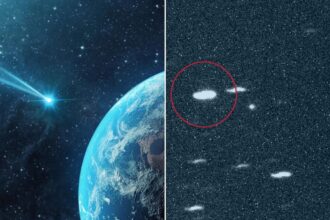
Paris – French President Emmanuel Macron announced on July 24, 2025, that France will formally recognize the State of Palestine at the upcoming 80th United Nations General Assembly in September, making it the first G7 nation to recognize Palestine as an independent state.
France to Recognize Palestine: A Historic G7 First
In a landmark diplomatic shift, Macron confirmed in a formal letter to Palestinian Authority President Mahmoud Abbas that France will officially recognize Palestine at UNGA in September 2025 . This move crowns France as the first of the Group of Seven major industrial powers United States, United Kingdom, Germany, Canada, Italy, Japan and France to grant such recognition.
Macron Emphasizes Two State Solution & Peace Imperative
Macron underlined that recognising Palestine is rooted in France’s commitment to a two-state solution, which he described as the “only path to peace and security in the region.” He called for an immediate ceasefire in Gaza, the release of hostages, and humanitarian relief, stating that France’s diplomatic gesture should reinforce not replace progress toward peace negotiations.
Reactions: Praise, Condemnation, Political Waves
Israeli leadership condemned Macron’s decision sharply. Prime Minister Benjamin Netanyahu accused France of rewarding terrorism and undermining Israel’s security, while Defense Minister Israel Katz echoed those sentiments, calling the move treasonous.
Hamas welcomed the recognition, calling it a positive development, and Saudi Arabia and Ireland described it as a “historic and important” step toward reviving dialogue on Palestinian statehood.
In the United Kingdom, political pressure has surged on Prime Minister Keir Starmer. Justice Secretary Shabana Mahmood described recognition as a strategic diplomatic tool, asserting that it “sends a strong political message” and could catalyze a peace process.
France’s Recognition in a Broader Diplomatic Context
Although about 147 UN member states already recognize Palestine, including Russia, China, India, Spain, Ireland, and Norway, France’s recognition marks the first by a major Western power and permanent UNSC member.
Former French reluctance gave way in April when Macron signaled readiness to act “in the coming months,” potentially at a UN conference in New York in June, originally scheduled but later postponed to late July.
Paris has also encouraged other European nations, including the UK, Belgium and the Netherlands, to coordinate with France in recognizing Palestinian statehood at the UN conference.
What It Means: Diplomacy, Pressure, and Peace Prospects
France’s decision to recognize Palestine is a strategic recalibration aimed at breaking diplomatic inertia. Macron’s call for recognition is part of a broader collective dynamic: “those who defend Palestine also recognise Israel,” he has said, urging European unity in the peace effort.
French analysts argue that if France leads, other European heavyweight nations could follow giving much needed political momentum to a stalled two state solution.
Why It Matters
France’s recognition may reshape international diplomacy around Israeli-Palestinian peace. By making a bold, symbolic gesture grounded in calls for humanitarian relief and renewed political negotiations, Macron has set a new benchmark within G7 and European foreign policy. His decision could escalate pressure on other Western powers, especially the UK, to follow suit and perhaps reenergize stalled talks toward a lasting resolution.
France’s leadership on this issue also reflects its civic demographics, with large Jewish and Muslim communities, and its ongoing relationship with both Arab and Israeli partners.
France’s move to formally recognize Palestine at the UN General Assembly in September marks a pivotal shift in G7 foreign policy. While greeted with fierce criticism from Israel, the recognition aligns with growing international support for a two-state solution and humanitarian urgency in Gaza. As other European nations weigh their responses, France may well lead the way in remapping geopolitical discourse on statehood, self-determination, and peace in the Middle East.
Stay Connected with The News Drill for more updates. Stay informed. Stay updated. Stay Ahead.
Contact us: contact@thenewsdrill.com
Submit tips or opinion: editor@thenewsdrill.com or visit our Contributor Page.
















